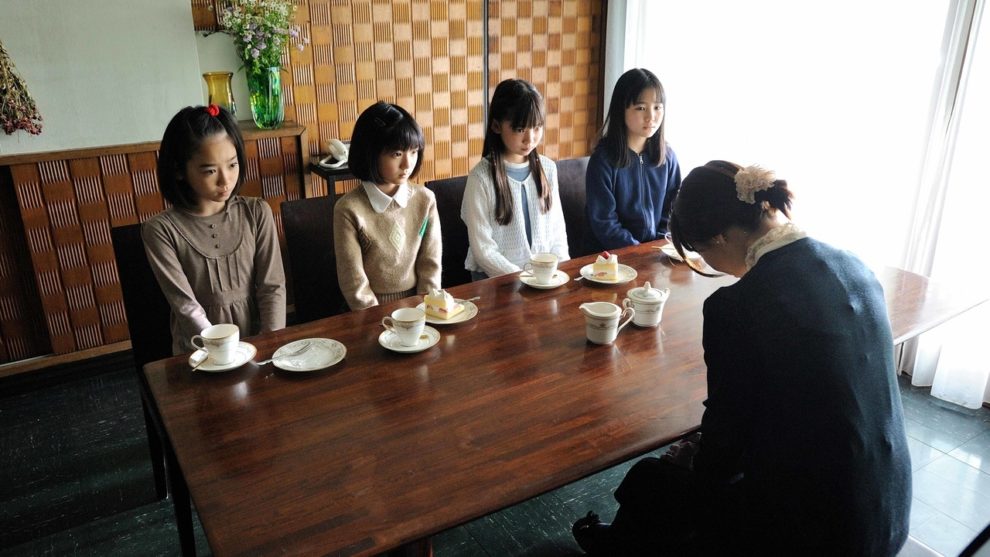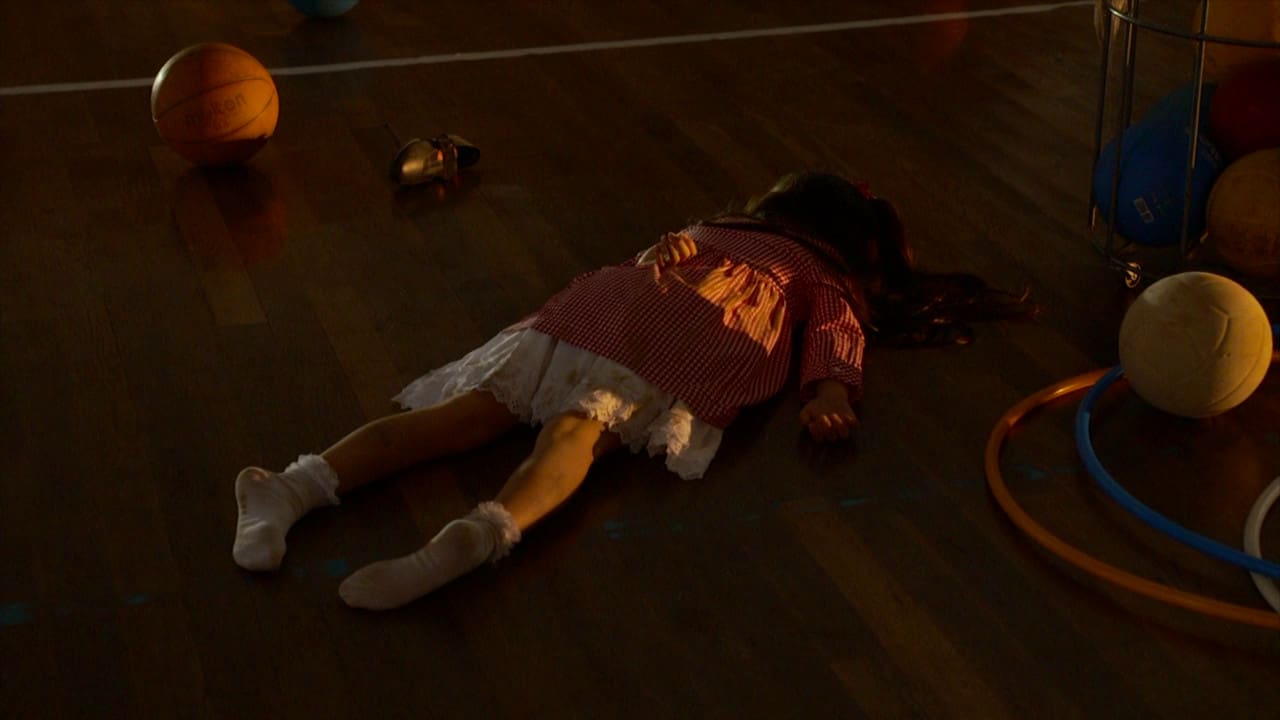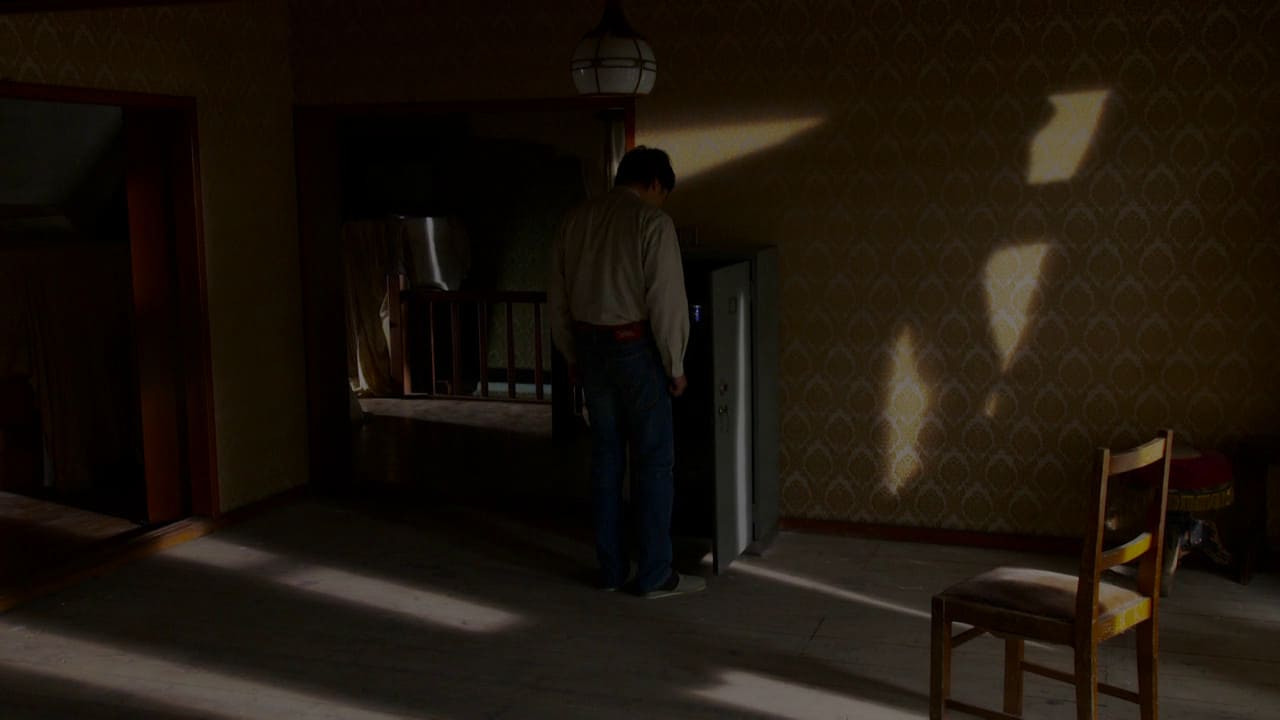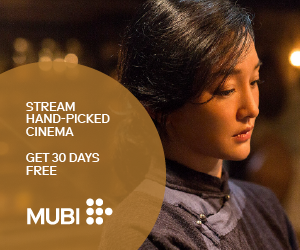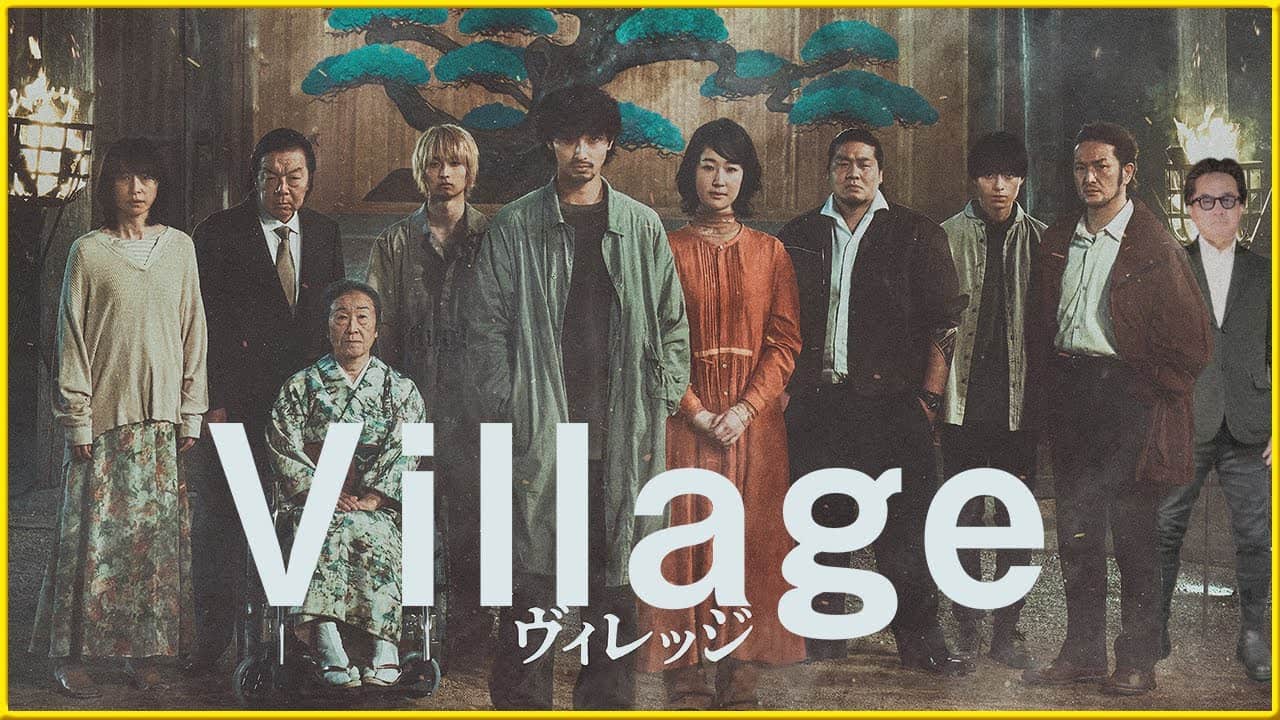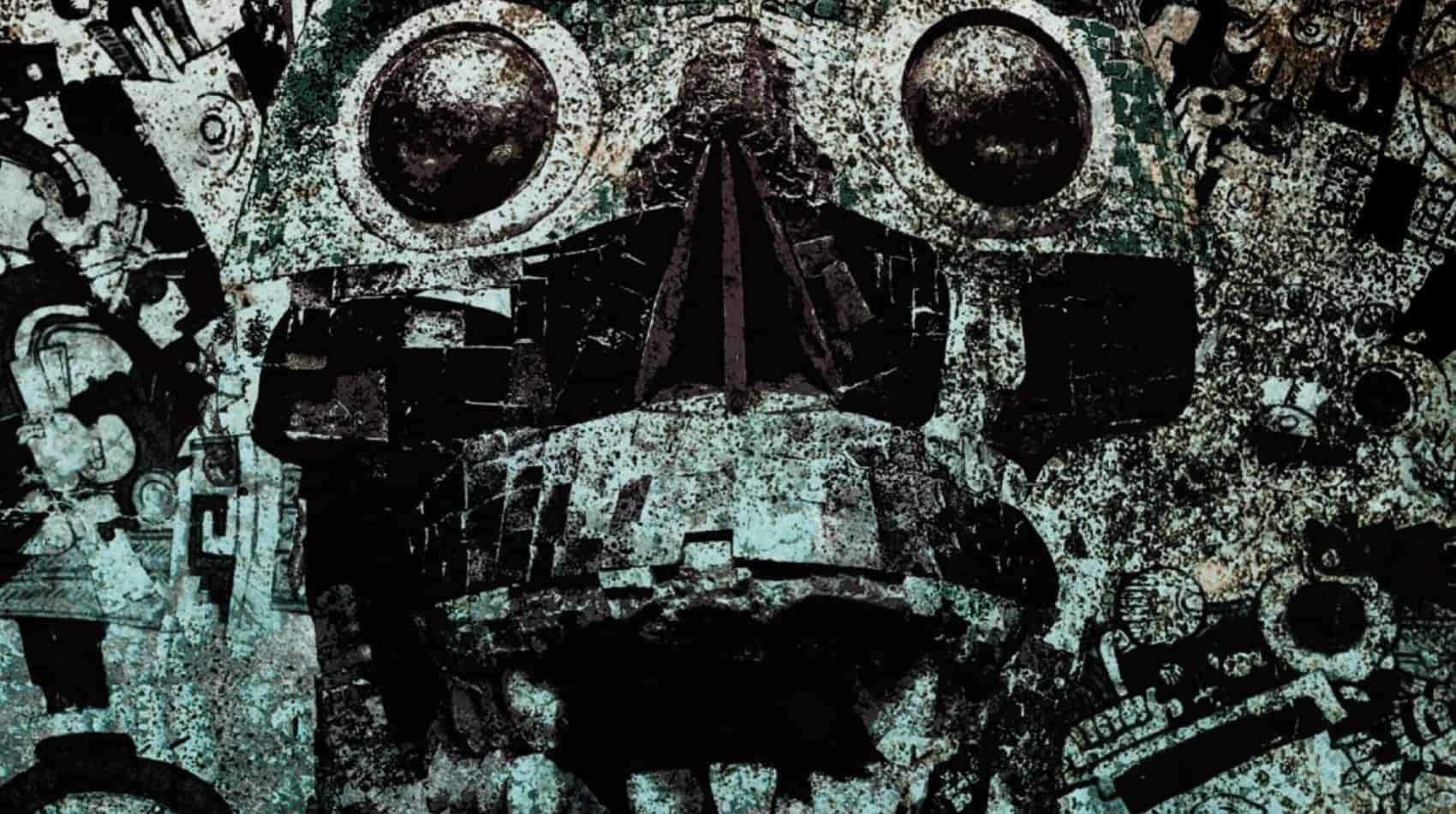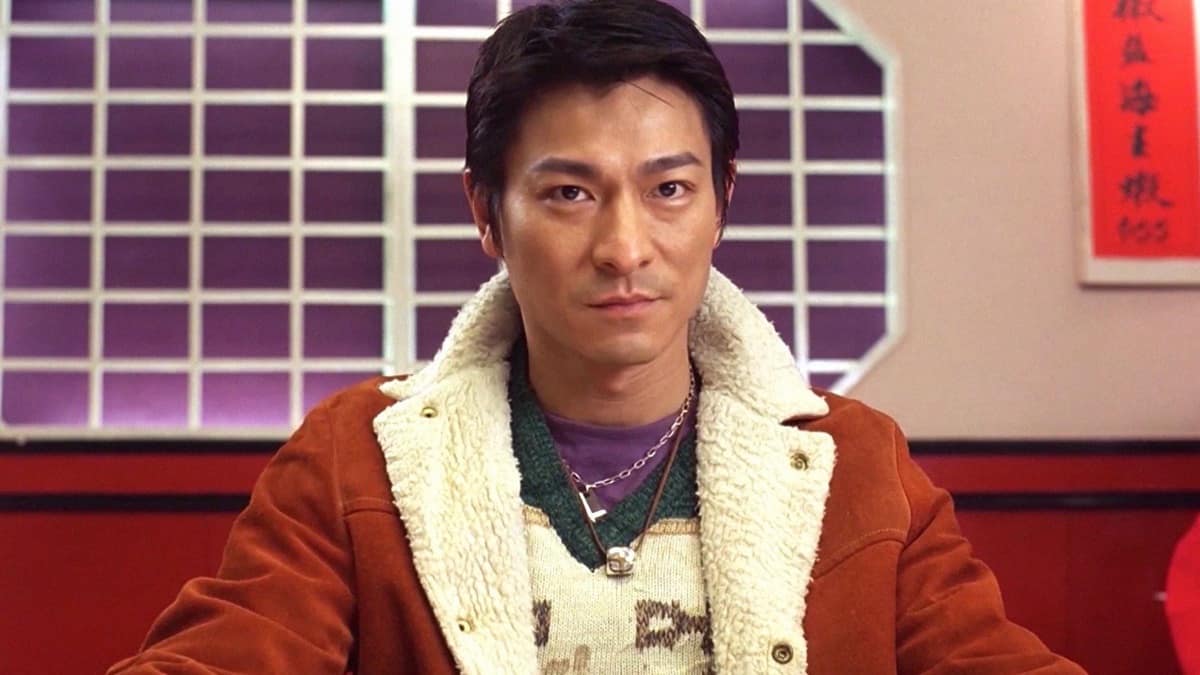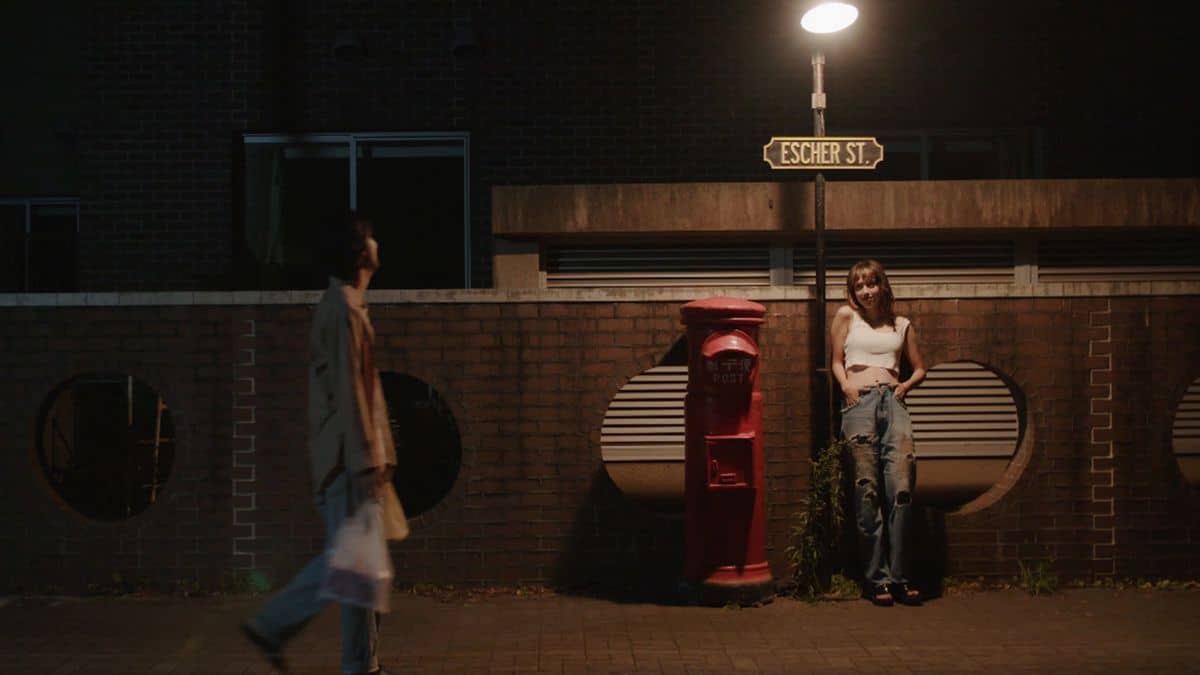Based on the homonymous novel by Kanae Minato (also the author of “Confessions“) and featuring the crème de la crème of Japanese actresses (Kyoko Koizumi, Yu Aoi, Eiko Koike, Sakura Ando) along with Teruyuki Kagawa, “Penance” also served as an “experiment” for the style and aesthetics Kiyoshi Kurosawa later implemented on “Creepy“
“Penance” is streaming on MUBI
15 years ago, Emiri (the Japanese rendition of Emily), an elementary school student from a rich family transferred to the small town of Ueda, and soon became close friends with four other girls, Sae, Maki, Akiko and Yuka. The girls always played together, occasionally in each other's house, but at one point, after a series of antique dolls were stolen from each of the girl's houses, they experienced a true tragedy. An unknown man came to their school after- hours, while they were playing at the courtyard, and posing as a ventilation technician, took Emiri away from the rest, supposedly to help him. A bit later, though, the girls went inside the gym only to find Emiri dead and the man nowhere to be found. The incident had a chilling effect on the whole school environment, but most of all, to the four girls and Emiri's mother, Asako. The latter, some months later, invited the girl to her house, only to accuse them for lying about not remembering the face of the perpetrator, and even demanding some kind of penance for him getting away, also stating that she will not stop thinking about them until they deliver. 15 years later, the lives of every girl are in shambles, with the impact of the murder and Asako behaviour essentially dictating their actions, although in different ways.
The rest of the series follows a similar form for each of the five episodes, starting with the murder as witnessed from each girl's perspective, continuing to the fateful meeting with Asako, and continuing 15 years later. The stories, however, could not have been more different, at least contextually.
Sae is single, and works in a beauty salon. Her boss proposes a matchmaking with a very rich man, and a reluctant Sae agrees to meet him, only to find out he was an acquaintance from her elementary school. There is obvious something creepy about Takahiro Otsuki, but his politeness, eagerness to protect her, and the luxury living with him ensures, convince Sae that he is the man for her. However, she soon finds herself being treated like a doll, a tendency stressed by the fact that she has still to have her period, while a rather unreasonable Takahiro seems to throw a fit every time she meets anyone else except for him. Tragedy soon happens, and Asako eventually reappears.
Yu Aoi gives a splendid performance as Sae, highlighting her regret, her lack of will, and her eventual intense transformation in the most eloquent way.
The episode also deals with themes such as the role of woman in Japanese society, with the fact that Takahiro actually thinks that he can have a woman “kept” in the “dollhouse” they live and her initial acceptance of the role moving into that direction. The same applies to the whole concept of matchmaking, which shows how conservative Japanese society still is, as the norm for the purpose of every woman is to marry a rich man and fulfill her role as a dedicated wife.
Maki is a teacher in high school, but is repeatedly chastised from the vice-principal due to complaints from the parents for her being too strict with her students. Tanabe, a very popular colleague, is the only one who supports her even against the faculty and the parents, but after an incident where an attacker invades the school targeting the teachers, their roles are switched. Hero Maki however still suffers from some mental issues, and another tragedy soon happens. Again, Asako reappears at around that point.
Eiko Koike is also excellent in the role, highlighting how lost she feels, and her occasionally misplaced resolve to protect the children, with her overall attitude occasionally bordering on the sociopathic.
The episode also focuses on the concept of school politics, where the faculty is forced to indulge each whim of the parents' of students, frequently against schoolteachers and occasionally against logic itself. The way gossip, and essentially, public opinion works in such a setting as the school one, provides even more depth to the overall context, with the same applying to bullying, particular how teachers experience it.
Akiko's story is probably the most tragic one. Raised by her parents in a way that actually forbade her from exploring her femininity, she has become the definition of hikikomori, while potential psychiatric issues have her believing that she can act as a human-bear while forbidding her to mature properly, mainly mentally. The only person in her life that gives her break is her brother, whose sudden reappearance in Udea, after moving in Tokyo, along with a wife and her daughter, brings new ripples to her world. Akiko is quickly bonded with the little girl, but once again, tragedy strikes in the harshest fashion, although this time, Asako's presence comes through on a whole different level than the previous episodes.
Sakura Ando gives another impervious performance in the role, anchoring the episode with her anti-social, unladylike, essentially sociopathic behaviour, particularly because all her actions seem to derive from her will to do good and to pay the “penance”.
The episode deals with harsh realism with three subjects: the concept of hikikomori, bad parenting and its consequences, and child molesting, which unfortunately, seems to be more common in Japan than other countries.
The impact the murder of Emiri has on Yuka is quite different from the rest of her childhood friends, since it makes her obsessed (also sexually) to police officers. 15 years later, when her always-sick-as-a-child sister marries a cop, Yuka simply cannot contain herself, while her overall promiscuous nature also comes to the fore. Chizuru Ikewaki highlights her disregard for everyone's opinion in front of her obsession convincingly, in another sociopathic behaviour, although her performance is on a slightly lower lever than the rest of the female cast.
This episode is briefer than the rest, but also the one that progresses the main story significantly, as we also see Asako having a slightly bigger role here, and essentially begin to learn about her, beyond the incident.
This element is cemented in the fifth episode, which focuses on Asako, essentially revealing the whole story and what actually happened. Both Kyoko Koizumi and Teruyuki Kagawa are great here, but the episode suffers both from the overall writing, which essentially loses its grip with the overall realism of the series, and the ending, which is far-fetched, unsatisfying and also seems to put some blame to the most unlikely character.
Despite the ending, the sense the overall series leaves is exceptional, both contextually and cinematically. The concept of trauma, and the implications it can have to both children for their whole life and to grownups, is a central one, but the impressive thing is how Kurosawa presents it in the series. The four survivors may be victims of the events, a tendency that continues when they grow up, but at the same time, they are also femme fatales, in a truly original approach that allows them to go against their perceived victimized nature, and adds much to the overall narrative, particularly because it also includes Asako.
Furthermore, the overall sense of creepiness permeates the series, mostly deriving from the different men the girls interact with, who stretch in all capacities of everyday life: husbands, colleagues, brothers, former relationships etc. The accusation against men is quite palpable, but the fourth episode goes against this theme, which works quite well in terms of objectivity, but is also probably the reason this is the weakest of the four.
In terms of production values, “Penance” is definitely close to that of cinema than TV, again functioning as a precursor to the aesthetics of “Creepy”. In that regard, Akiko Ashizawa's cinematography communicates this atmosphere of creepiness in the best fashion, with the mostly saturated colors adding much to this aspect, along with the framing, which frequently communicates the claustrophobia all protagonists experience in their lives. The editing allows the series to unfold in a pace that changes from slow to fast according to the situation, again supporting the atmosphere in the best fashion.
“Penance” has its faults, particularly regarding its ending, but it remains a magnificent series, which reaches the highest levels in terms of story, context, and cinema. A must-see.


